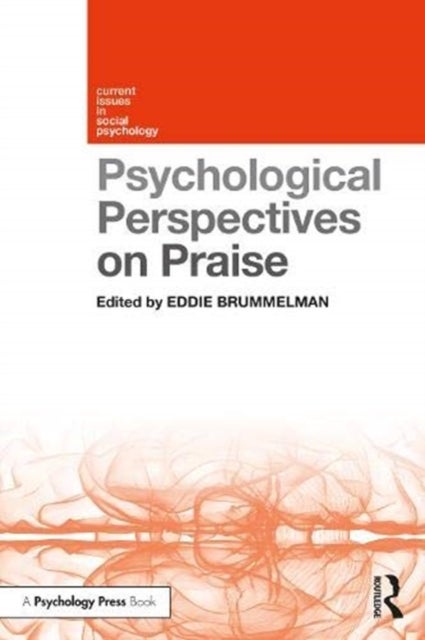
Psychological Perspectives on Praise
615,-
<P>Praise is perhaps the most widely used technique to influence others. When used appropriately, praise can motivate people, make them feel better, and improve their social relationships. Often, however, praise fails to work as intended and may even cause harm. <I>Psychological Perspectives on Praise </I>reviews and integrates psychological theory and research to provide an overarching perspective on praise.</P><P></P><P>With contributions from leading scholars in the field, this book amalgamates diverse theoretical and empirical perspectives on praise. The book starts with providing an overview of prominent theories that seek to explain the effects of praise, including self-enhancement theory, self-verification theory, attribution theory, and self-determination theory. It then discusses several lines of empirical research on how praise impacts competence and motivation, self-perceptions (e.g., self-esteem and narcissism), and social relationships. It does so in a range of contexts, i








